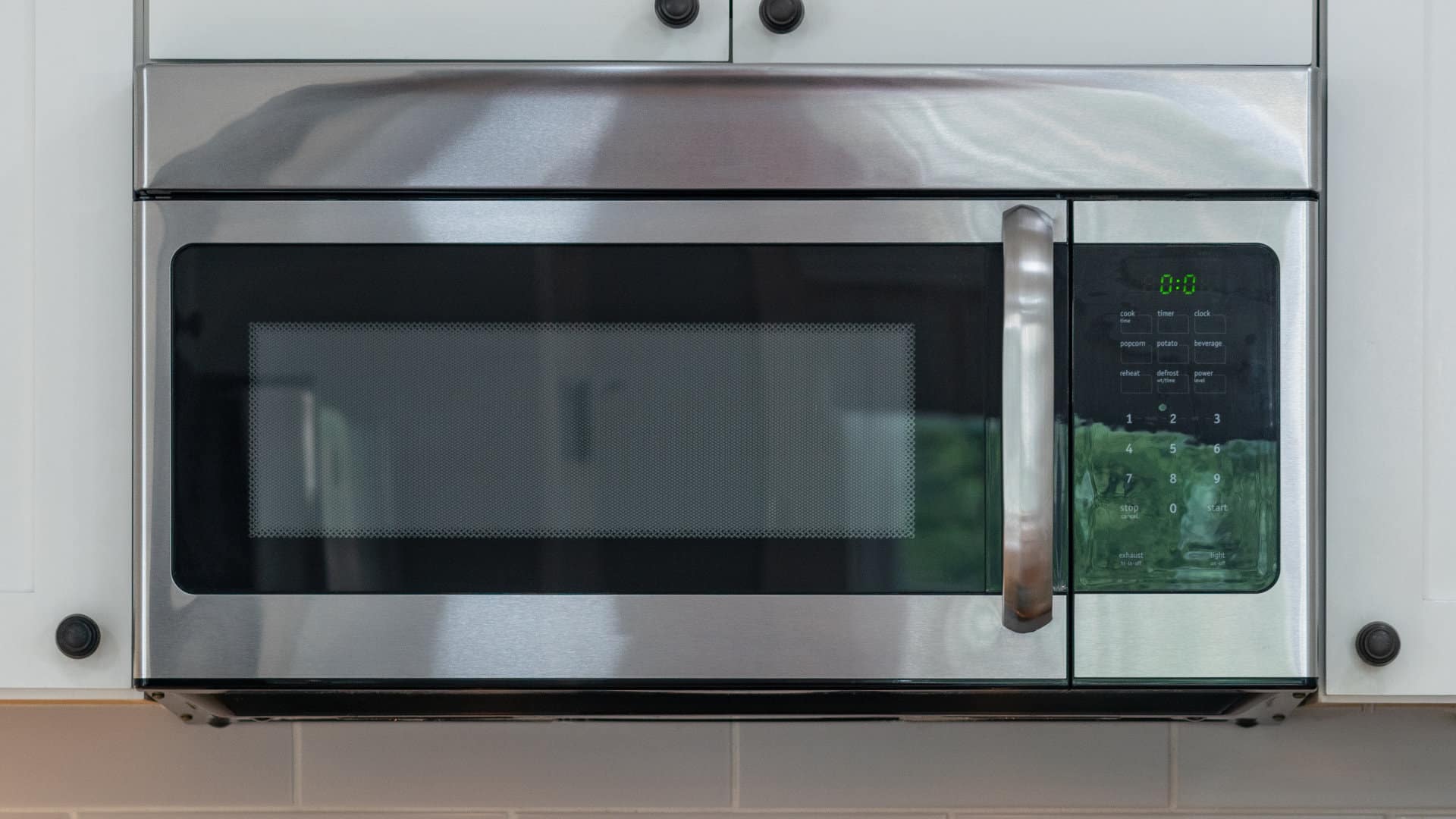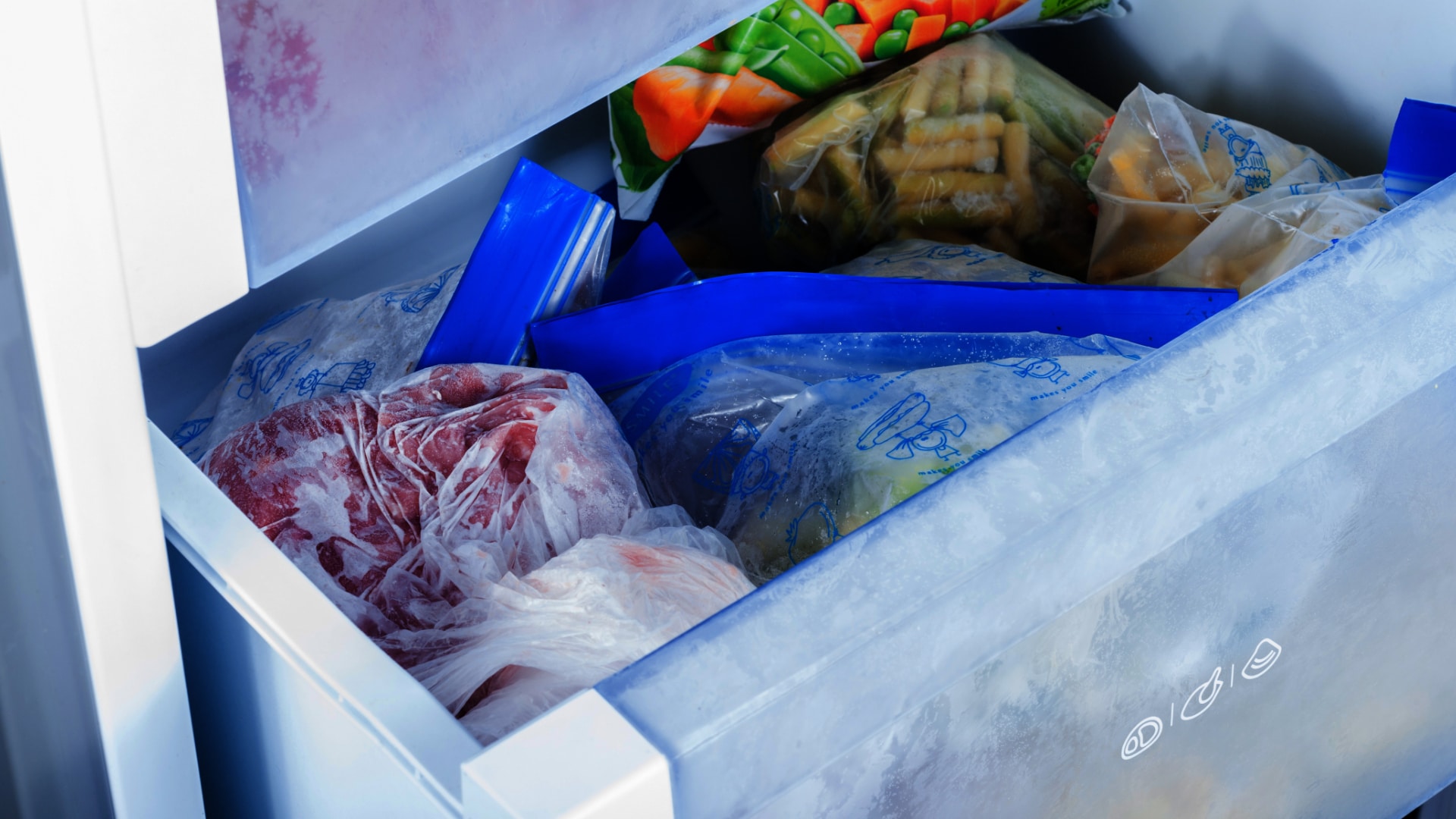
Freezers are great when you have excess food you want to store, and sometimes it can seem as if they keep your food fresh indefinitely. But how long can food really be stored in the freezer? Our handy guide breaks down how long different types of food can be kept in the freezer.
Optimal freezing temperature
Whether you have a fridge freezer or a chest freezer, the optimal freezing temperature is 0°F. This is cold enough to keep your food safe but not so cold that frost will begin to form on your food.
When temperatures of 0°F or lower are used to store food, it can be kept for longer periods of time than when refrigeration temperatures are used. At such low temperatures, bacteria, molds, and yeasts cannot grow, and chemical and physical reactions are severely restricted.
Food safety
When considering how long you can keep food in the freezer, the issue is not one of food safety, but food quality. As the low temperature of the freezer keeps the bacteria in suspended animation, as long as the temperature is maintained, food will remain safe indefinitely. It will not, however, remain appetizing indefinitely. Food quality will start to reduce for various items over time, usually due to freezer burn.
Freezer burn is caused by evaporation and causes a marked drop in the taste and texture of food. It can be slowed by proper food storage, as outlined below.
Freezer storage
When you are storing food in the freezer, it is essential that it is kept in airtight containers. Items such as tubs of ice cream and resealable packets of frozen berries are easy to keep airtight. However, some foods like packets of frozen peas that need to be cut open, require a little more work.
It may seem as if wrapping a food item in plastic wrap is a good way to prevent freezer burn by keeping food airtight, but plastic wrap actually lets quite a lot of moisture evaporate from food items, and is not a good method to use when storing food in the freezer.
Airtight containers, resealable snaplock or zip lock bags and clips that ensure a bag is airtight are all essential items to use when storing food in your freezer. If you have a vacuum sealer, that is also a great option, as the less air when storing frozen food, the better.
Types of foods
Once you have ensured you are storing your food correctly in your freezer, you can follow the below guidelines for freezing your food. Note that these guidelines are informed by the US Food and Drug Administration, and are for quality only, as freezing food at 0°F will keep food safe indefinitely.
1. Eggs
Whole eggs cannot be frozen without cracking. However, if they are separated into yolks and whites and stored properly, you can keep eggs in the freezer for one year without any drop in quality. This also applies to prepackaged egg whites you can purchase from the grocery store.
2. Cooked meat
The general rule for cooked meat and dishes including meat is that it will be good to store in the freezer for two to three months.
However, this differs for some particular cooked meats, as listed below:
- Fried chicken—Store for four months
- Cooked poultry dishes—Store for four to six months
- Pieces, plain—Store for four months
- Pieces covered with broth, gravy—Store for six months
- Chicken nuggets, patties—Store for one to three months
- Cooked ham, whole or slices—Store for one to two months
3. Raw meat
The length of time you can freeze raw meat differs based on the type of meat and the cut. The main types are listed below, but a general rule of thumb is that larger pieces of meat, like whole chickens or turkeys, retain their quality longer when frozen than smaller cuts of meat:
- Hamburger and stew meats—Store for three to four months
- Ground turkey, veal, pork, lamb—Store for three to four months
- Bacon and sausage—Store for one to two months
- Steaks and chops—Store for six to twelve months
- Roasts—Store for four to twelve months
- Chicken or turkey, whole—Store for one year
- Chicken or turkey, parts—Store for nine months
4. Seafood
- Lean fish—Store for six to eight months
- Fatty fish—Store for two to three months
- Cooked fish—Store for four to six months
- Fresh shrimp, scallops, crawfish, squid—Store for three to six months
5. Bread and baked goods
You can keep bread and other similar baked goods such as cookies or cakes frozen for up to three months before they begin to lose their quality. It’s important to make sure that bread is stored in an airtight container. Otherwise, it will dry out very rapidly.
If you’re storing bread or baked goods that you have made yourself, let them cool down completely before you put them in the freezer.
6. Fruits and vegetables
Some fruits and vegetables lend themselves well to freezing, and some really don’t. Vegetables with a high water content, such as celery, does not freeze well at all, and will emerge from the freezer limp and unappetizing. If you want to freeze vegetables to cook later, the best way to do this is to chop them and seal them in an airtight container. When stored this way, most vegetables can be stored in the freezer for eight to twelve months.
Fruits tend to freeze better than vegetables, but always make sure they are peeled, cored, and chopped before freezing. Below are some guidelines for freezing fruit:
- Citrus—Three months
- Berries, bananas, and apples—Nine months to one year
- Stonefruit—Nine months to one year
- Most vegetables—Eight months to one year
Don’t forget—these are only estimates. If after taking it out of the freezer, you notice any discoloration (typically white or grayish-brown spots) or crystal formations on the surface of your food, discard it.
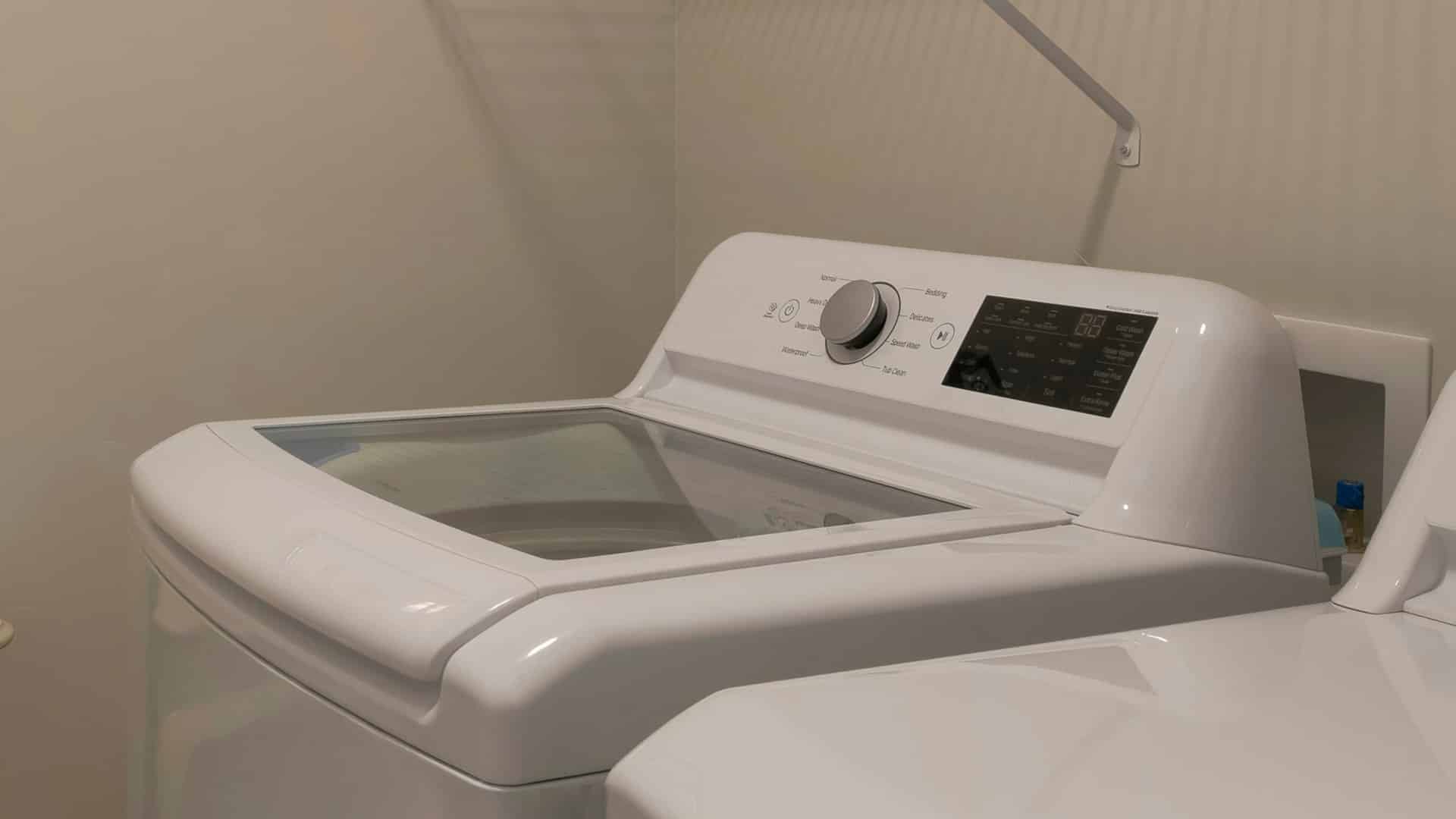
GE Washer Not Spinning? Here’s The Fix!
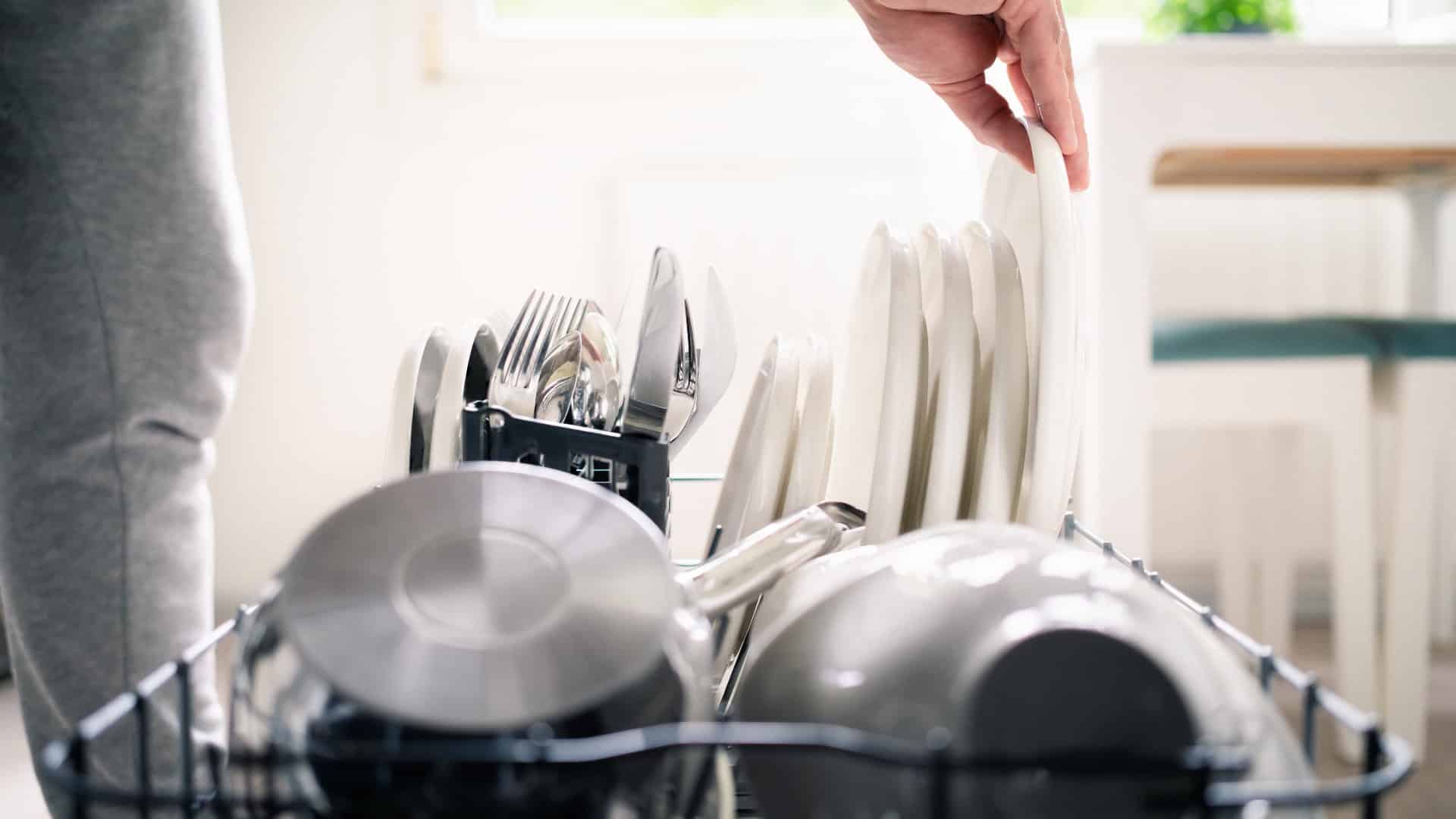
How to Restore Power to Your GE Dishwasher
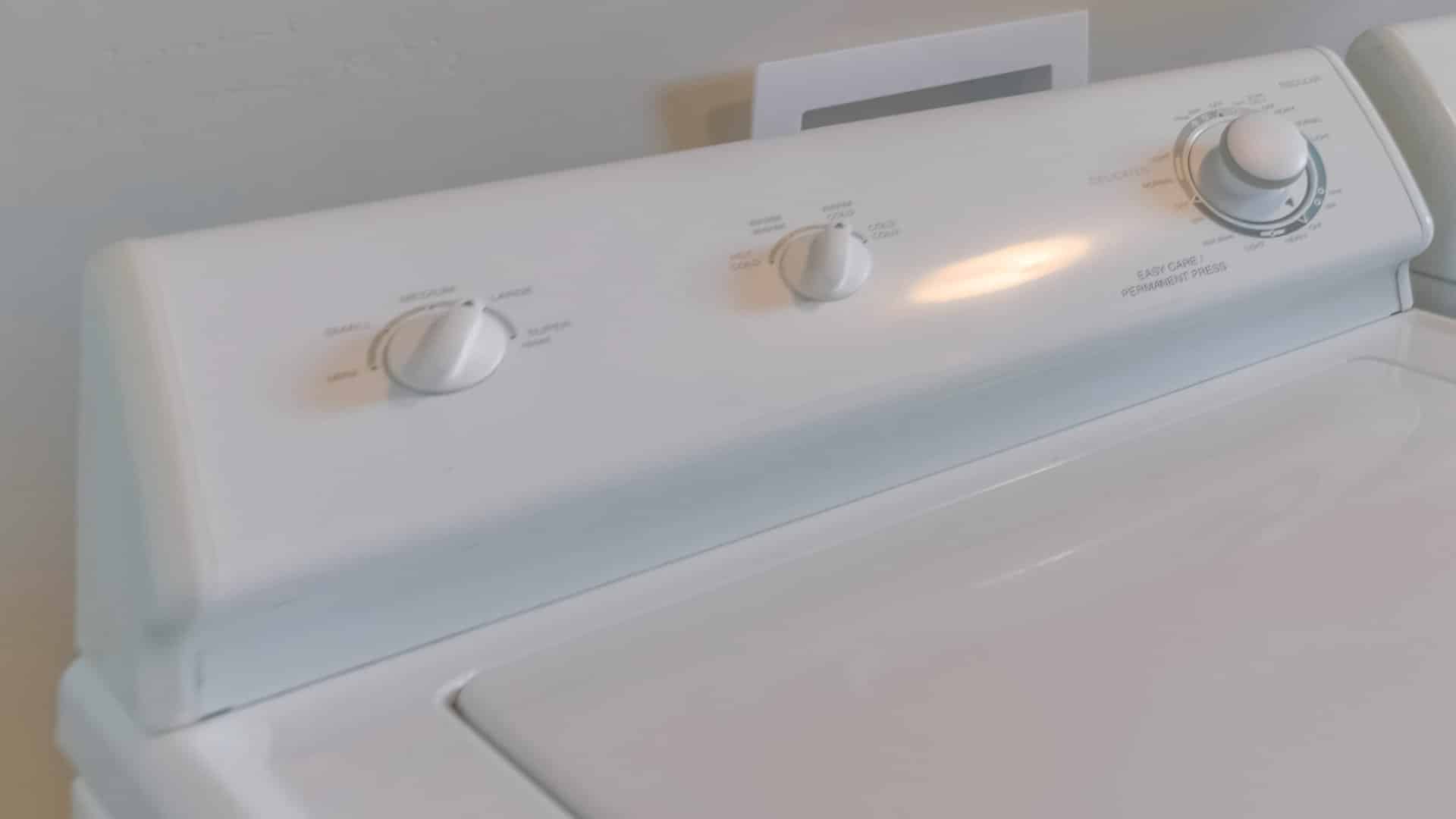
How To Reset Your GE Washer Top Loader
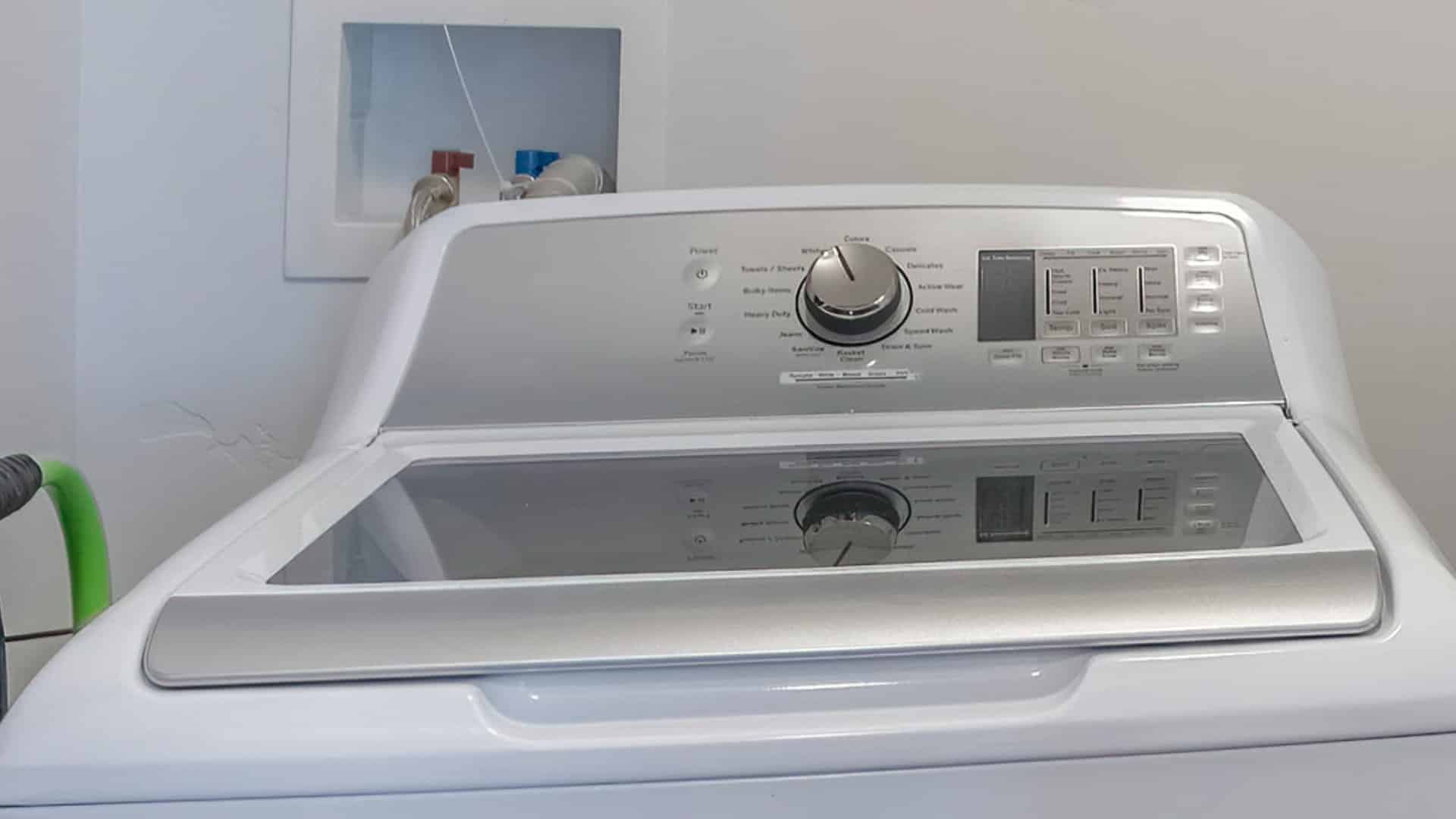
Understanding Whirlpool Washer Error Codes

JennAir Ice Maker Not Working? Here’s What to Do
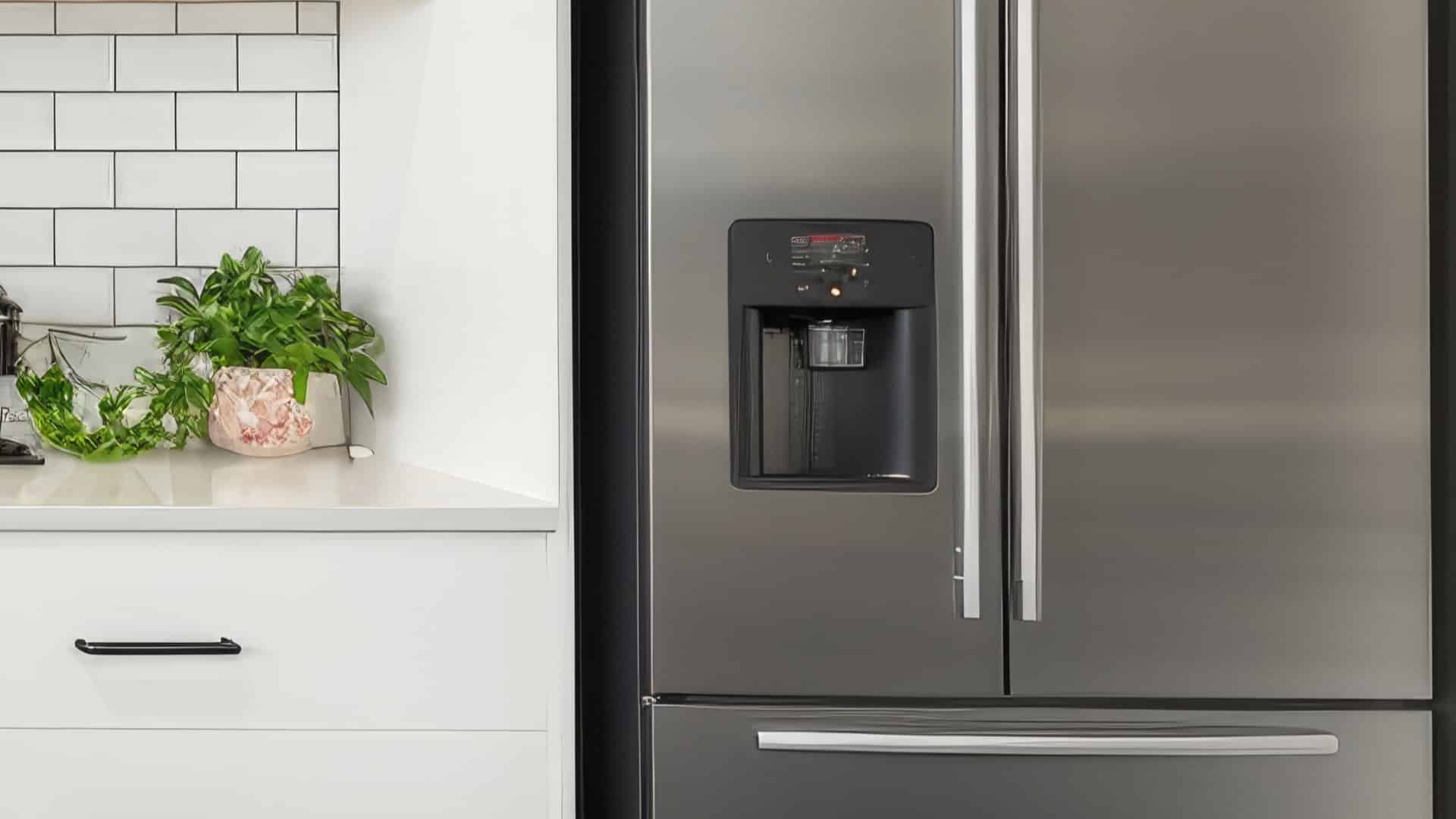
What to Do If Your LG Fridge Isn’t Cooling
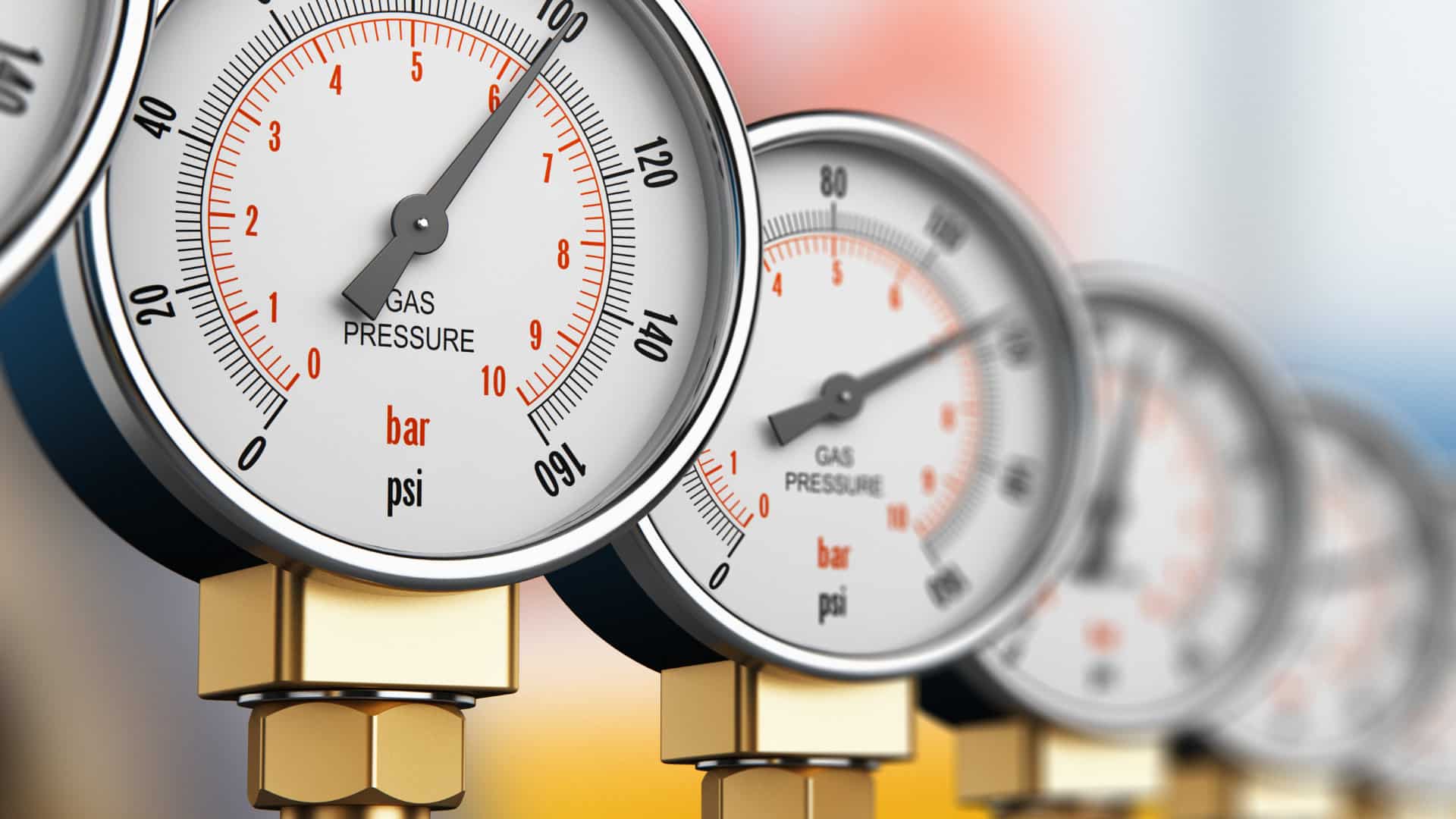
Propane vs. Natural Gas Stove: What’s Best?

How Hot Does a Dryer Get?
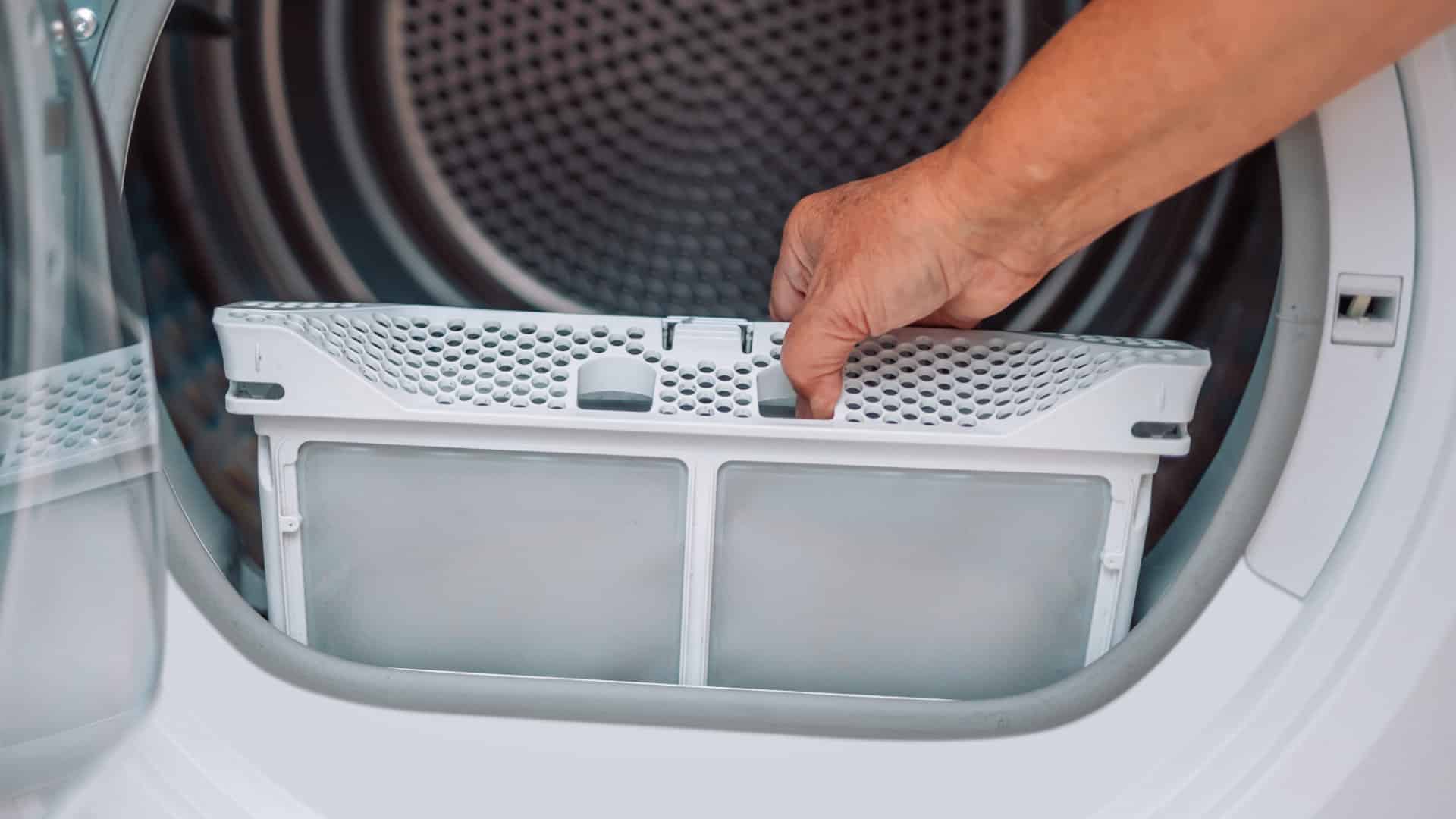
LG Dryer Flow Sense: Everything You Need to Know
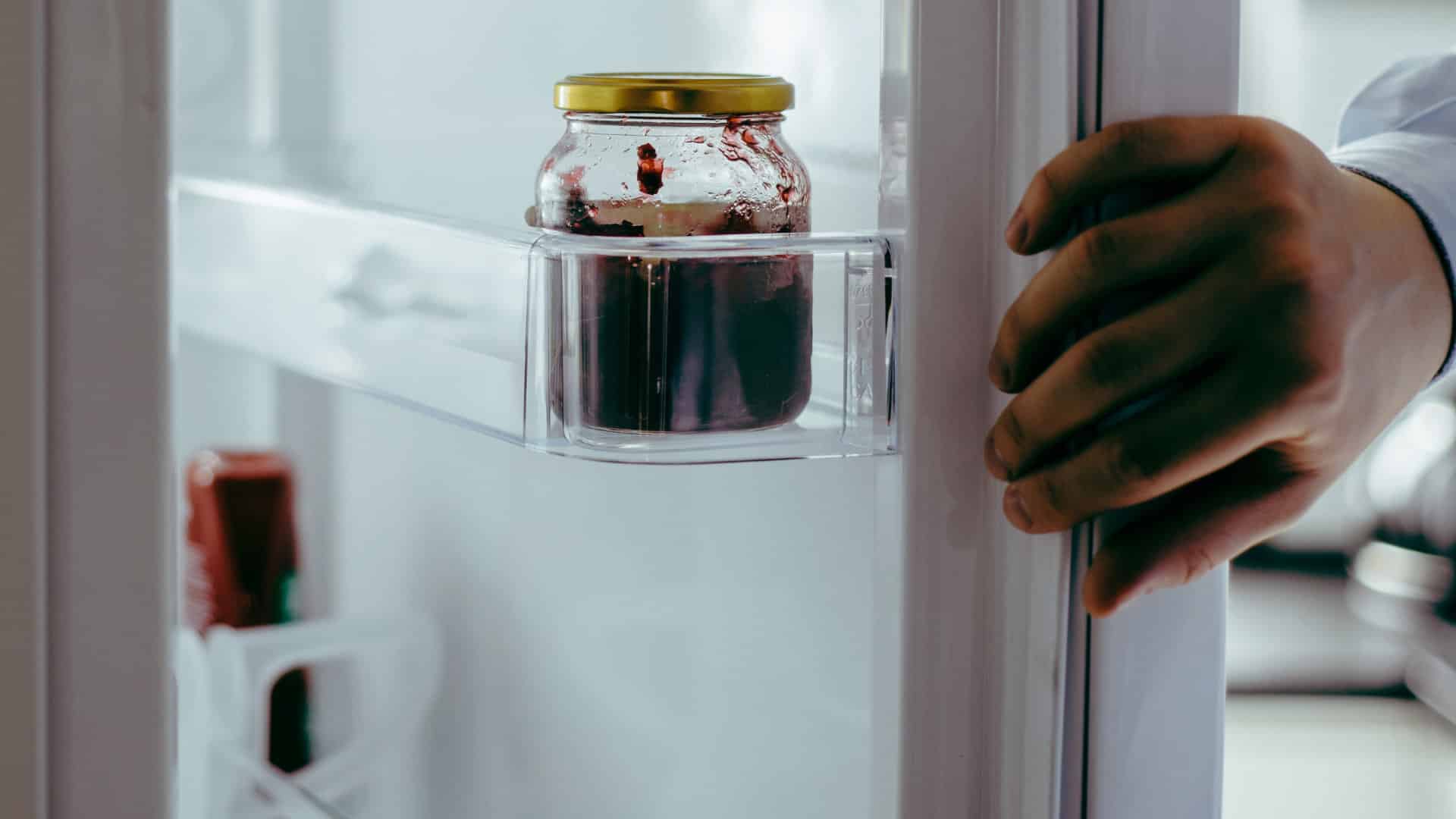
What to Do When Your Freezer Is Not Freezing but the Fridge Is Cold
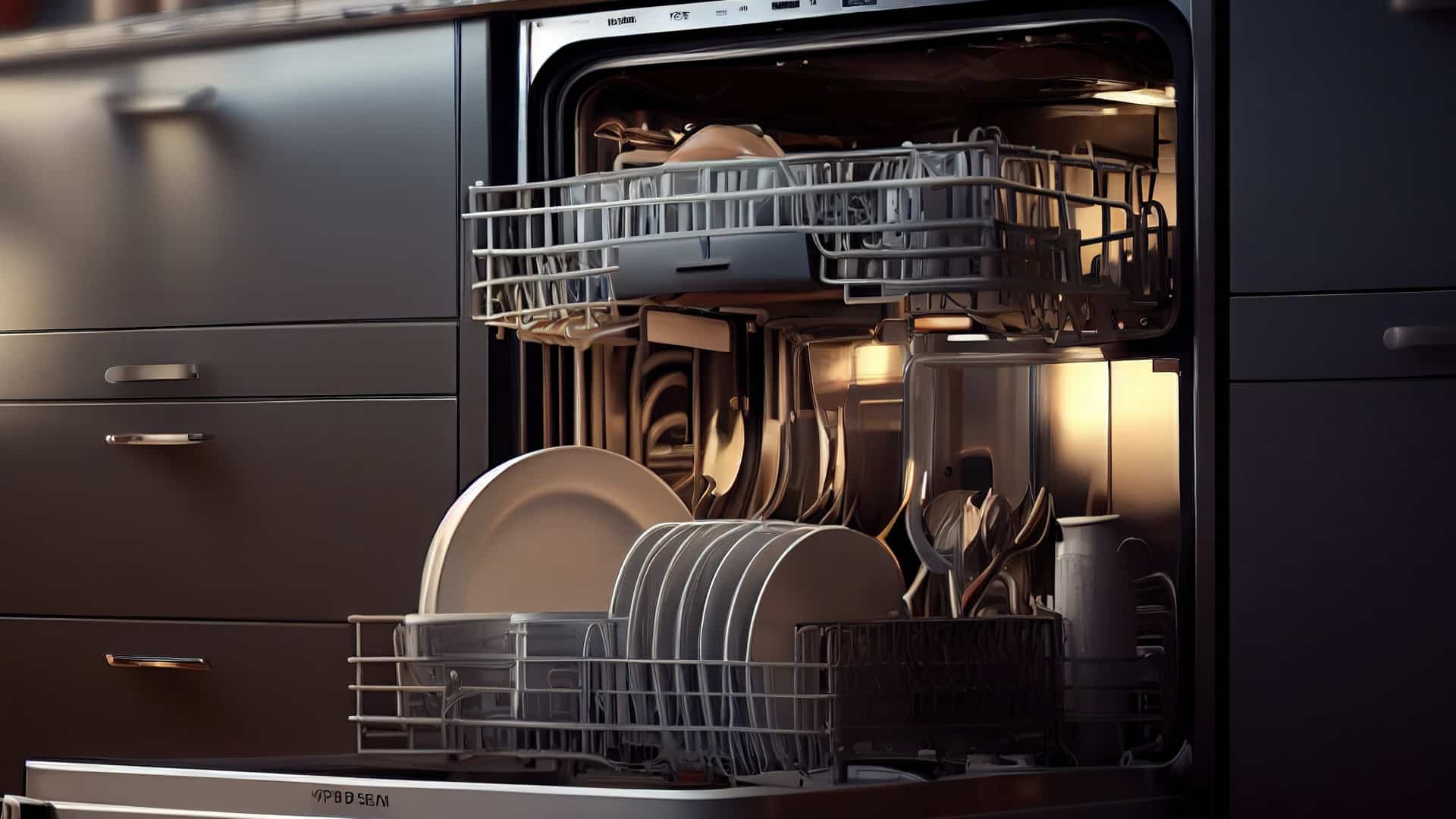
How to Solve Maytag Dishwasher Showing Error F9E1
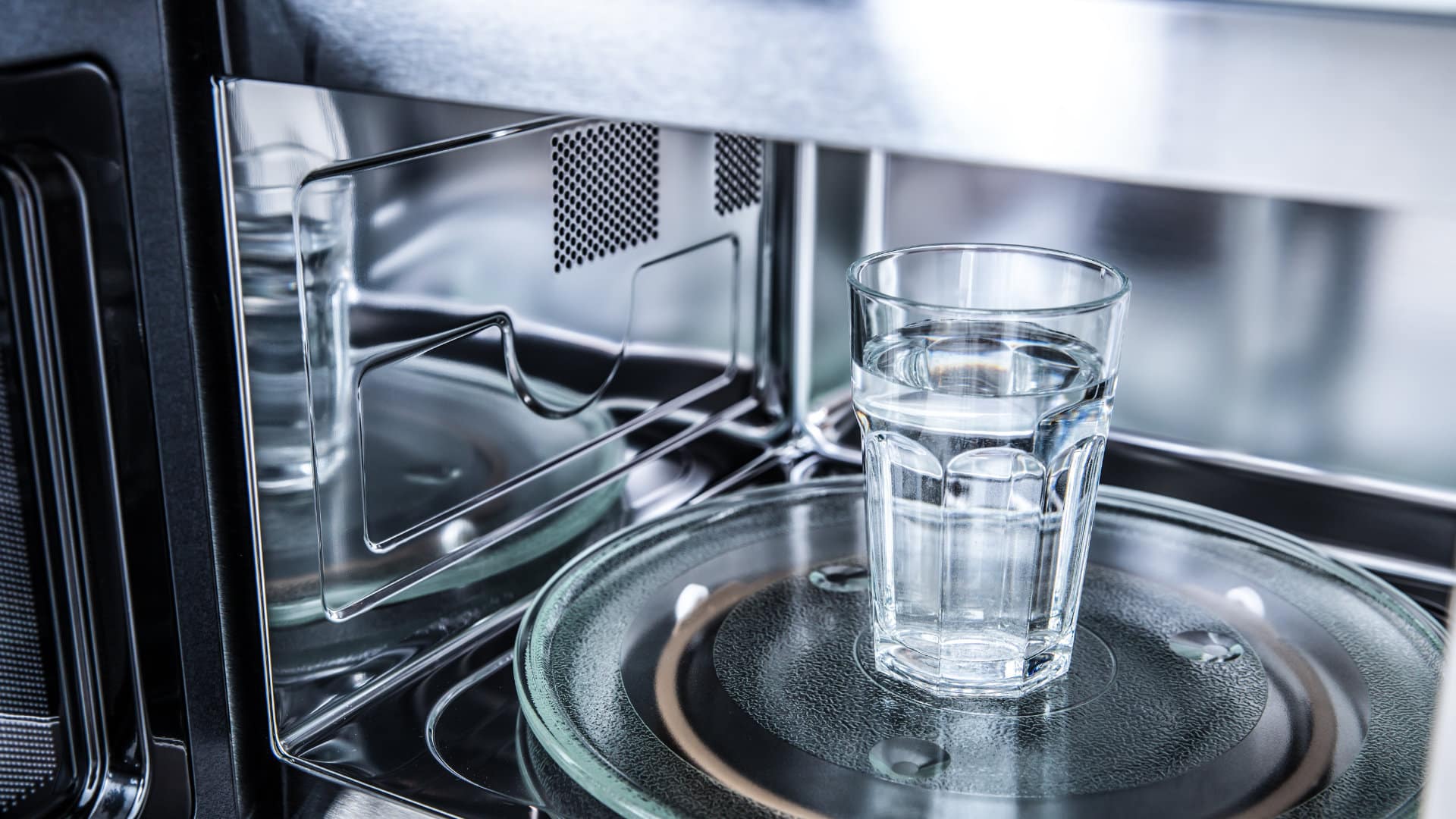
When Is a Microwave Unsafe to Use? (Warning Signs to Look For)
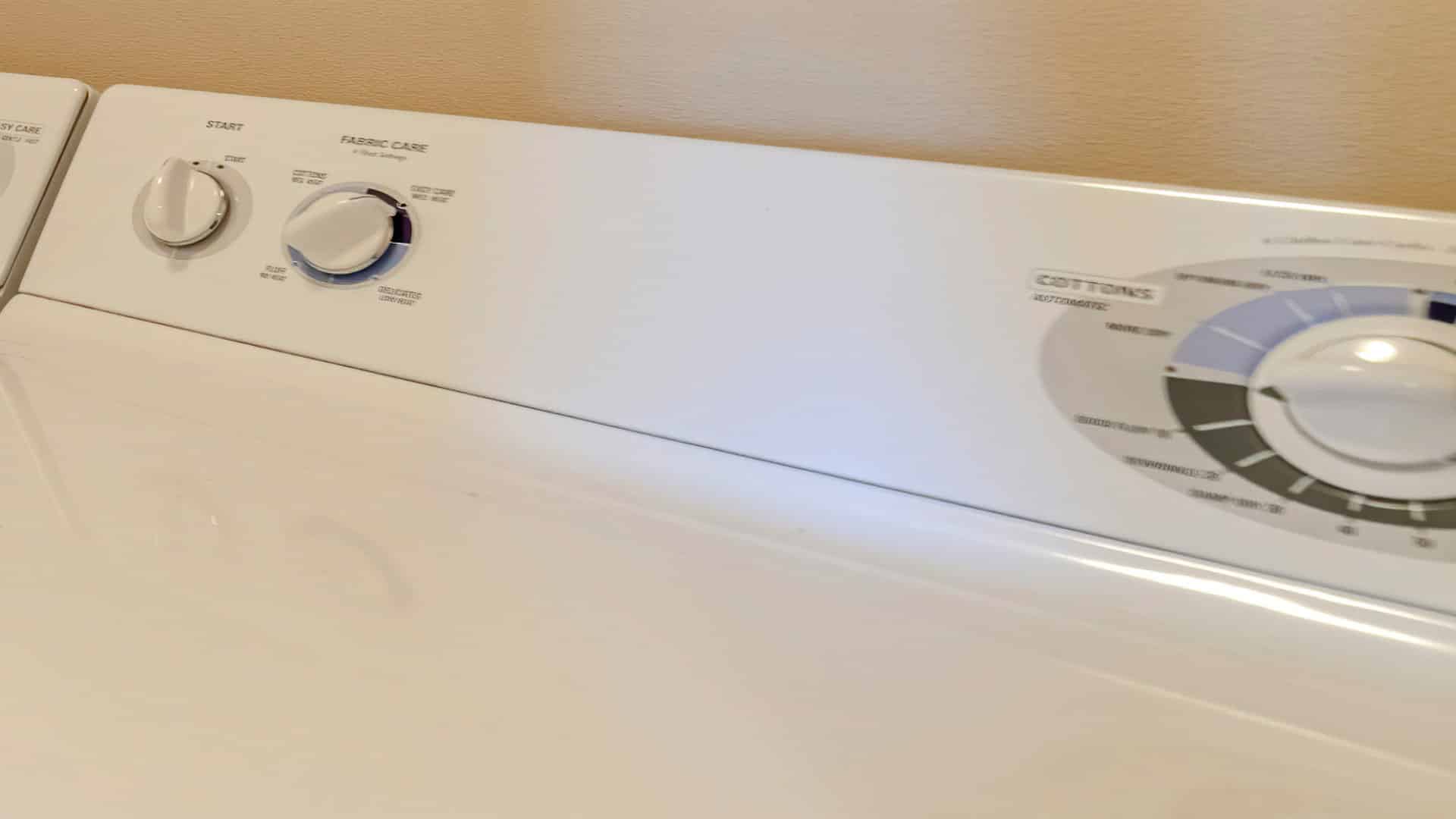
How to Fix a Squeaky Dryer (Step-by-Step)
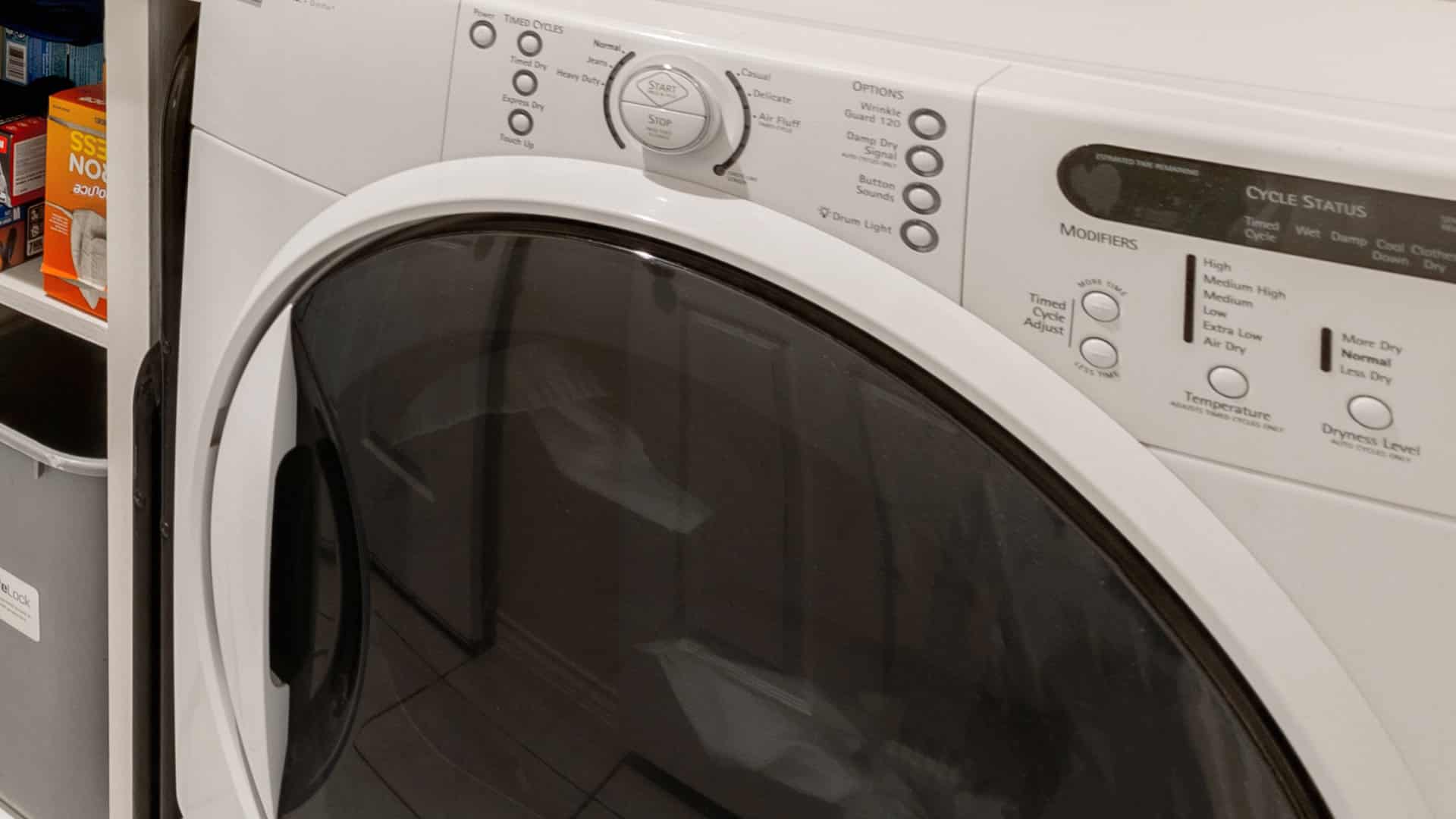
How To Remove Ink From Your Dryer
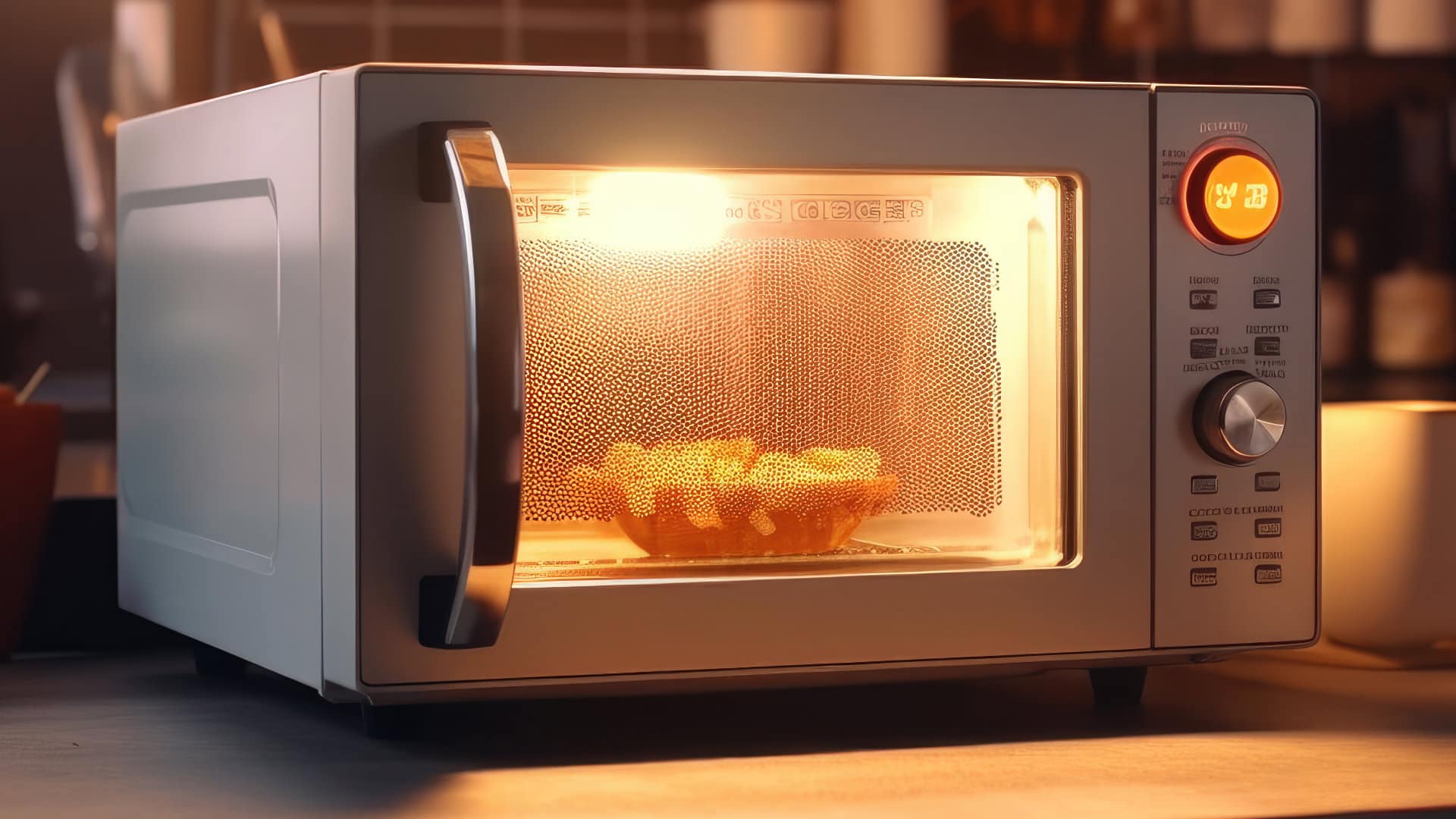
How To Fix an LG Microwave Not Heating

How To Fix a Maytag Washer Not Spinning
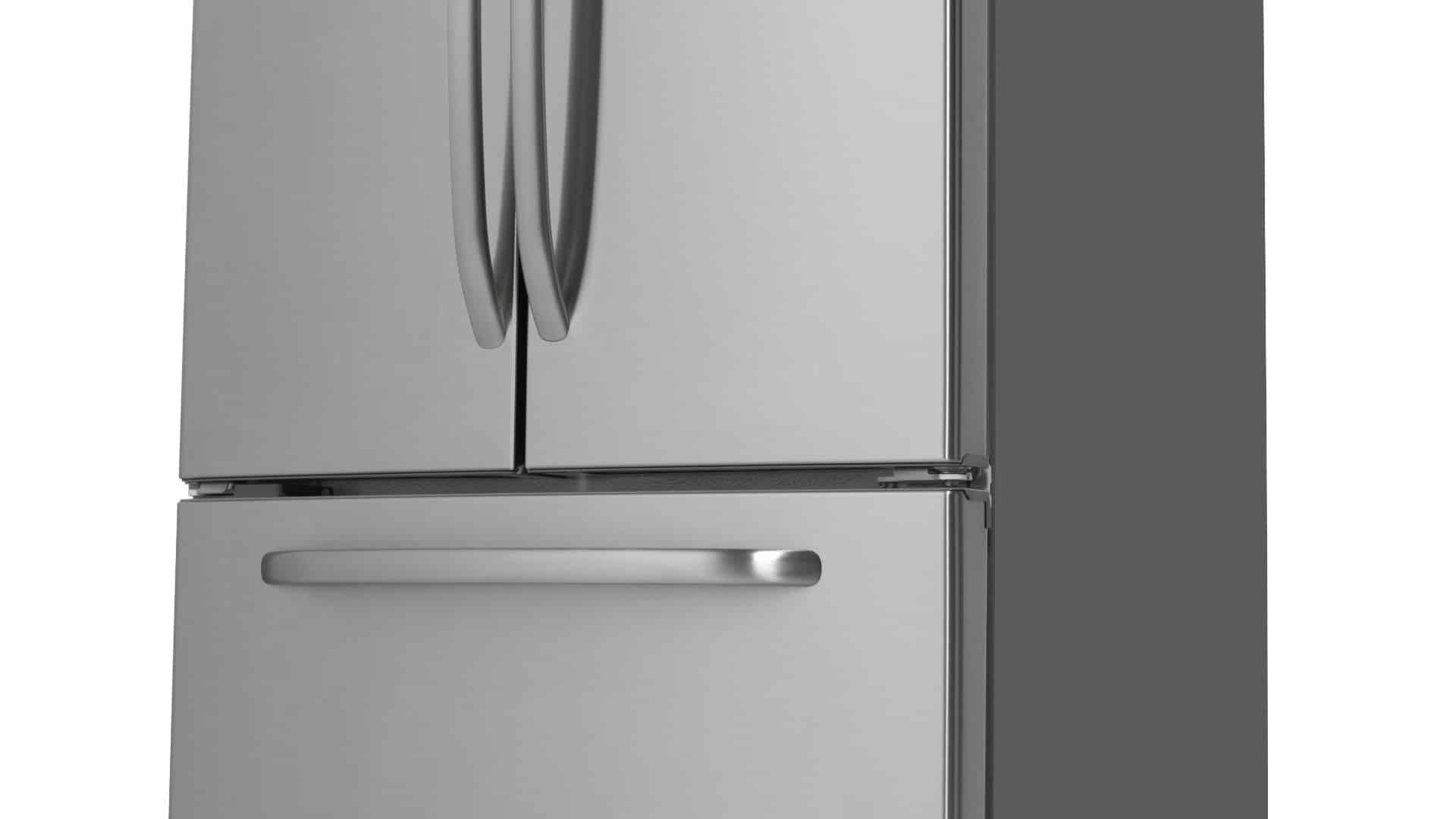
KitchenAid Refrigerator Not Making Ice? Here’s Why
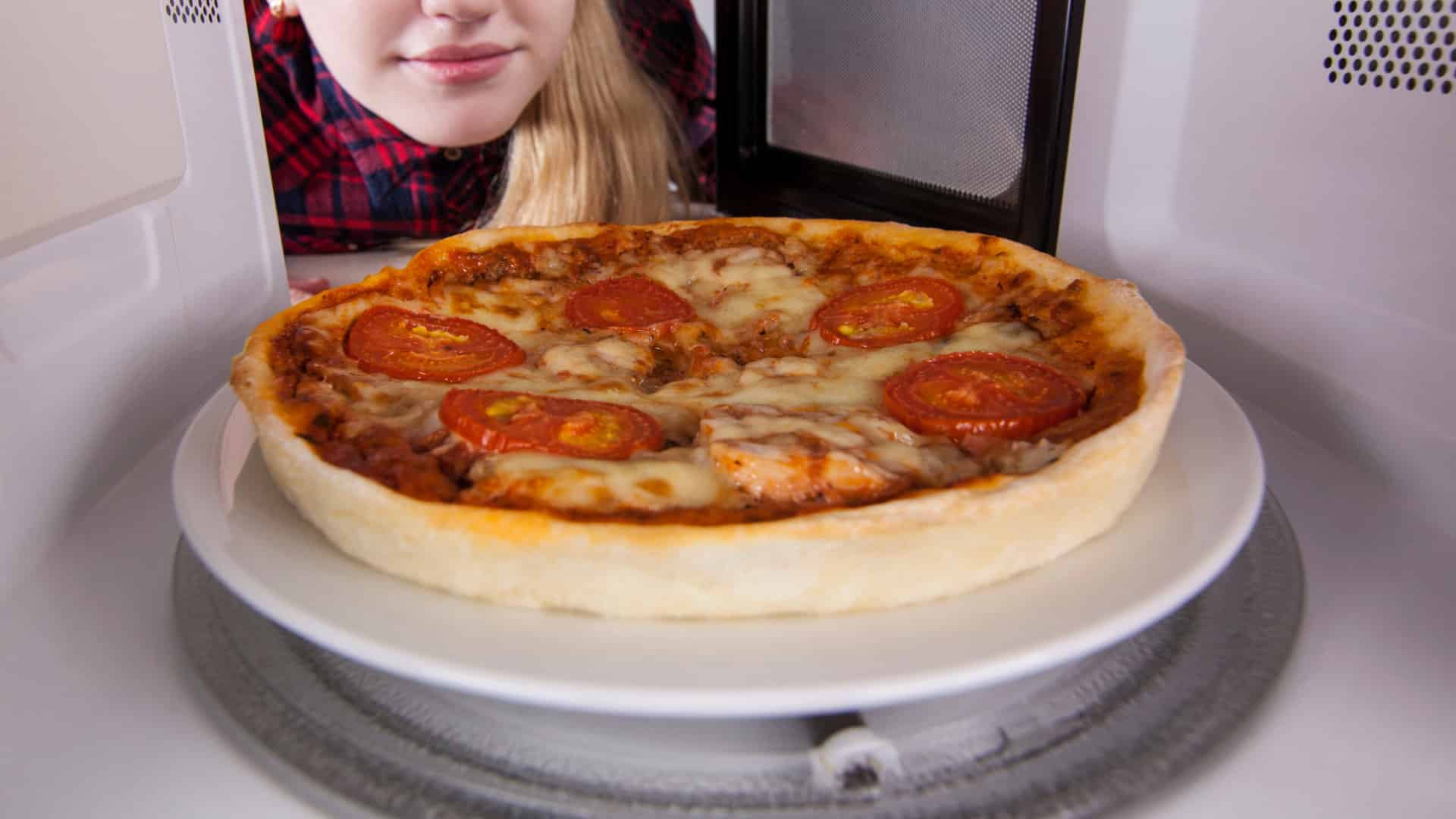
Whirlpool Microwave Door Error: How to Fix It
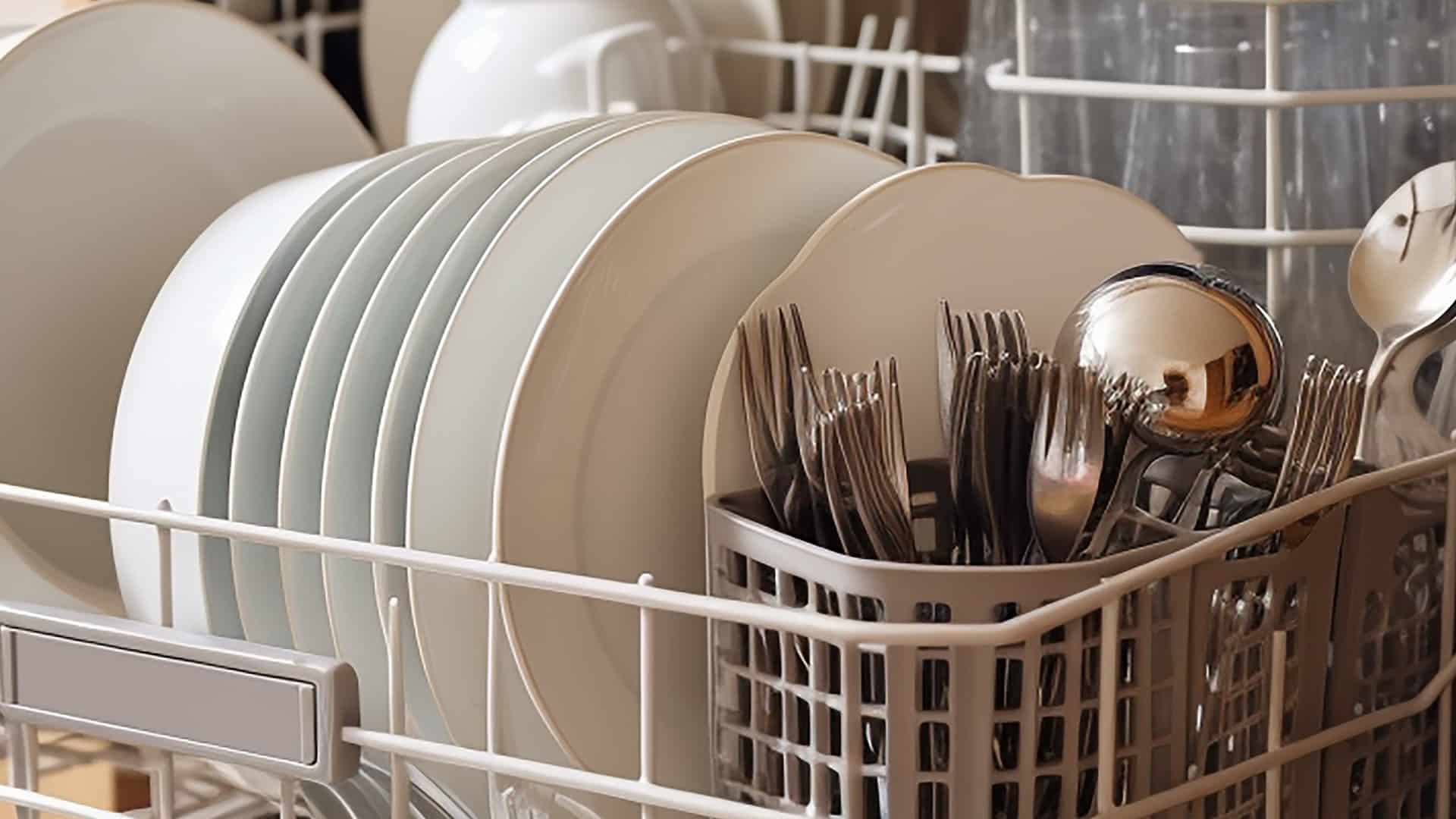
13 Things to Never Put in the Dishwasher
